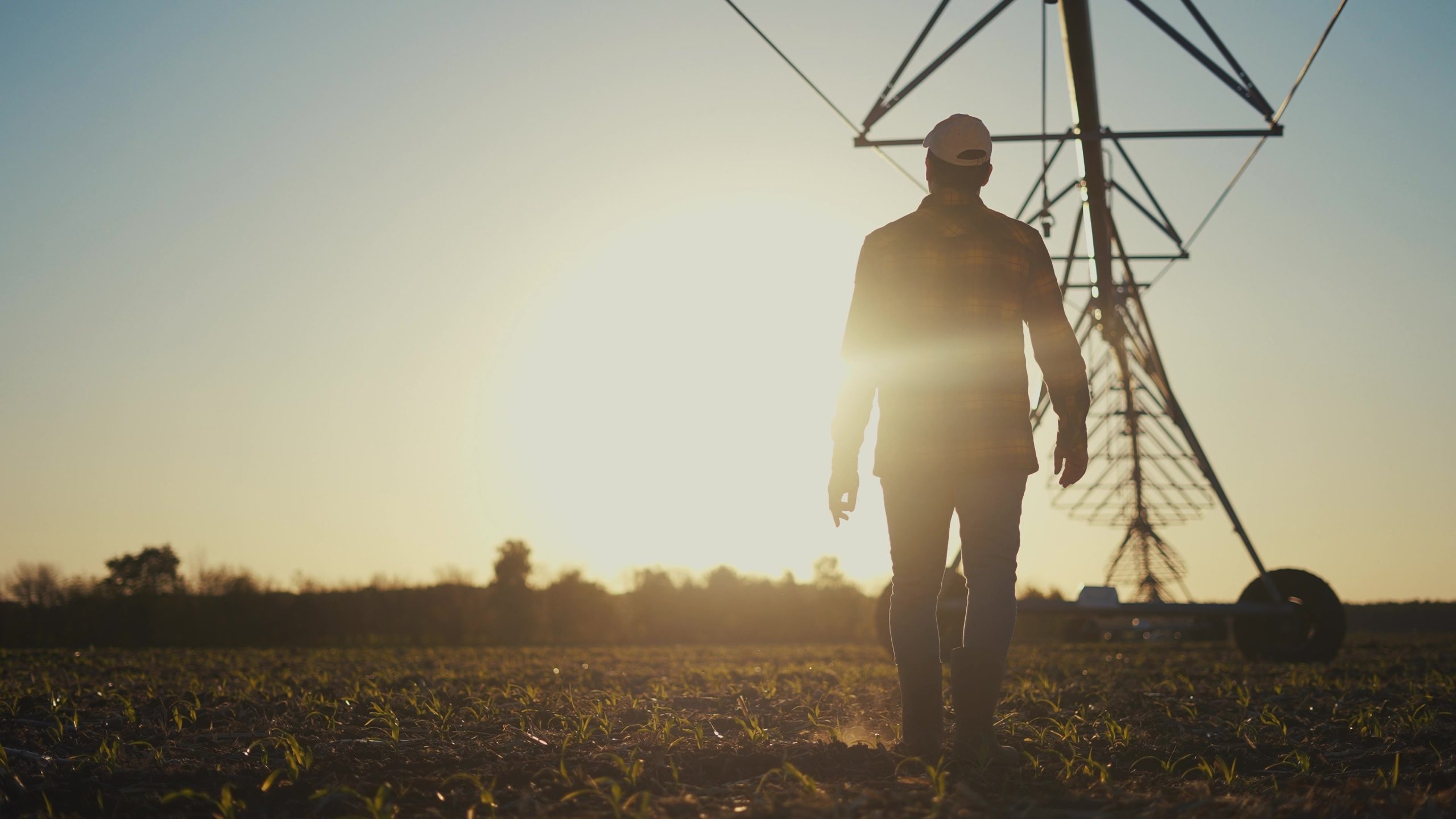Digital Irrigated Agriculture Workforce Futures

Status
In Progress
Project Type
Round 2
Timeframe
2024-2027
Core Partners
Charles Sturt University, SuniTAFE
Affiliate Partners
Swan Systems, Hort Innovation, University of Melbourne, South Australian Research & Development Institute
Extensive research has shown digital agriculture could boost Australia’s agricultural production value by $20.3 billion, yet realising this potential depends on a confident and digitally literate workforce. This project investigates the critical role of digital literacy in enabling the adoption of agricultural technologies across the sector in the Murray-Darling Basin. It explores how perceptions of usefulness and ease of use influence adoption and will inform the development of inclusive and accessible educational frameworks. These frameworks will support lifelong learning for a diverse workforce, including producers, technicians, agronomists, managers, and labourers at their point of need.
About the project
The Digital Irrigated Agriculture Workforce Futures project is being undertaken in response to the growing need for a digitally literate workforce in irrigated agriculture. As the sector becomes increasingly reliant on digital technologies, such as sensors, data aggregation tools, and automated irrigation systems, there is a pressing need to ensure the current and future workforces possess the skills and confidence to use these tools effectively.
The project recognises digital literacy is not just technical know-how, but also the ability to adapt to rapid technological change, interpret data meaningfully, and make informed decisions. Education providers face the challenge of designing training that is both relevant, applied to everyday scenarios/individual contexts, and forward-looking, equipping learners with the capabilities to thrive in a dynamic digital landscape.
To address this, the project will define the practical digital skills and capabilities required for effective use of digital irrigation technologies. It will identify the attributes of a digitally capable workforce and explore educational frameworks and models that support learning in this context. A key focus will be experiential learning, integrating and testing ideas and technologies with industry partners in real-world settings to enhance training outcomes. By working closely with technology users of all levels/abilities across the irrigated agriculture sector, the project will ensure the educational frameworks developed are grounded in practical realities and meet the diverse needs of stakeholders. Ultimately, the project aims to bridge the gap between technological advancement and workforce readiness. It will do this by collaborating with different stakeholders via workshops and questionnaires to define what it means to be digitally literate in irrigated agriculture and develop a framework that builds on learners’ existing knowledge and experience.
Outcomes
The outcomes will be frameworks that empower educators and learners to confidently engage with digital technologies and adapt to future innovations in irrigated agriculture.
The project will ensure education is accessible and engaging whilst tailored to the evolving demands of the irrigated agricultural sector. The result will be educational frameworks for training that empower learners to confidently engage with digital technologies and adapt to innovations in irrigated agriculture. Social benefit cost analysis will demonstrate the broader benefits of a digitally literate agricultural workforce with a capacity to rapidly respond to innovation.